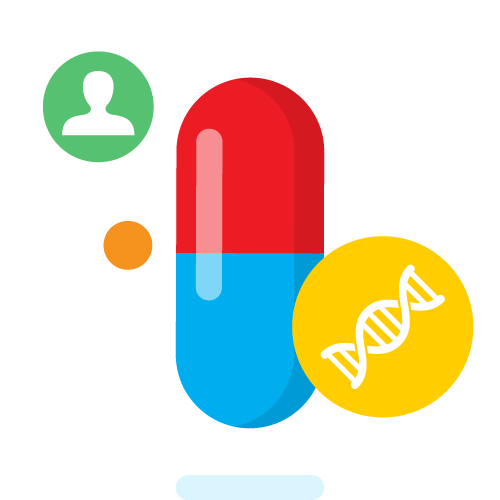Last Updated : April 29, 2025

5. Companion Diagnostics
Companion diagnostics tests support the expansion of personalized medicine by assessing predictive biomarkers, such as genetic variation or protein expression, in individual people to determine the safe and effective use of an associated therapy. They are often developed for a particular condition and assess specific genetic mutations or biomarkers rather than sequencing the whole genome or exome, which is substantially more costly.
Emerging companion diagnostics that use circulating tumour DNA samples present within a person’s blood also provide a less invasive, quicker, and potentially safer alternative to assessing biomarkers compared to traditional tissue biopsies. Increasingly, targeted cancer therapies are being co-developed with companion diagnostics to better inform early detection and treatment decisions that can improve patient outcomes and reduce adverse effects.
Implications
Despite the growth of companion diagnostics, a barrier to adoption in Canada has been their re-imbursement and delivery across health systems. It will be important to continue evaluating the evidence on the real-world impact on patient outcomes, diagnostic accuracy, and cost-effectiveness for health systems. To help advance this work, we developed guidance for the economic evaluation treatments with companion diagnostics.
Examples of emerging companion diagnostics technologies include:
- Liquid biopsy testing. Follow It is a liquid biopsy panel that analyzes ctDNA in plasma samples. The assay is designed to detect cellular traces associated with multiple solid tumour types.
- Cancer detection. FoundationOne CDx is a genomic profile test that detects genomic alterations often found in solid cancers. It can be used to detect different cancer types including but not limited to non–small cell lung cancers, colorectal cancer, breast cancer, ovarian cancer, and melanoma.
- Pharmacogenetic testing for psychiatric disorders. Genecept Assay is a genetic test that aims to identify medications that are more likely to be safe and effective for individuals with various psychiatric disorders.
Last Updated : April 29, 2025


